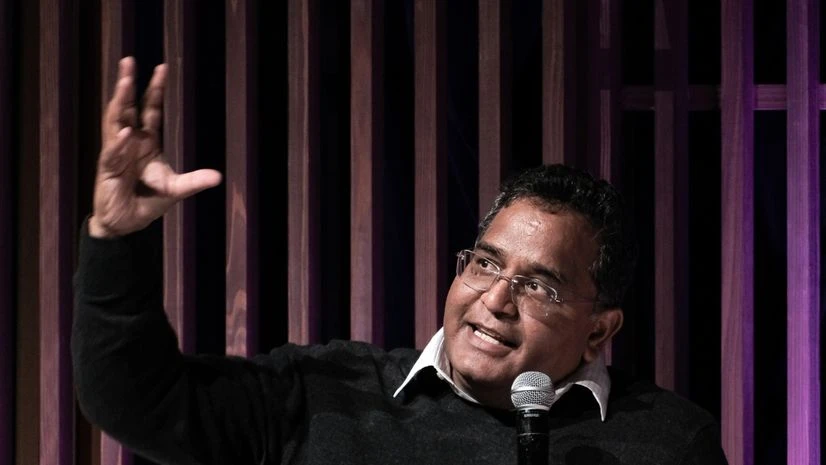By Min Jeong Lee and Taiga Uranaka
Paytm founder Vijay Shekhar Sharma voiced confidence that his digital payments pioneer will overcome regulatory setbacks in India this year and stage a comeback as a stronger company.
“The biggest thing that I’ve learned is that many times your teammate and adviser may not be getting it correct,” Sharma said at a financial technology conference in Tokyo Tuesday, his first public appearance since Indian regulators ordered his banking affiliate to halt certain activities. “And it is important for you, yourself to be taking care of it versus just letting a teammate or a adviser suggest that what should it be.”
Sharma is fighting to put his digital-payments company back on stable footing after regulators placed severe curbs on the banking affiliate, the backbone for much of its financial and payments services. Both Paytm and Paytm Payments Bank are part of the billionaire’s fintech empire, but the bank isn’t controlled by the publicly traded mobile wallet pioneer.
Sharma resigned from the Paytm Payments Bank’s board in February, less than a month after India’s banking regulator prohibited the bank from accepting new deposits in its customer accounts or wallets. The watchdog imposed the curbs after years of warning the flow of money and data traffic between the tightly regulated bank and the rest of the Paytm universe created accounting and supervisory problems.
Despite the setbacks, Sharma said he values the role regulators play in creating a healthy environment for startups in India.
More From This Section
“Things become very big and systematically important, very fast,” Sharma said. “We have been able to very happily see our regulator engage.”
Shares of Paytm, publicly traded as One97 Communications Ltd., have plunged about 45% since the regulators imposed the prohibitions on the bank on Jan. 31. Still, they’ve recovered from their lows after Paytm struck a deal with Axis Bank Ltd., tapping the lender to handle some of the tasks previously handled by Paytm Payments Bank. Paytm is currently working to add more banks as partners.
“Asia has an opportunity to build a financial system for the next generation,” Sharma said. “Make Paytm an Asia leader — in my lifetime, I would like to do that.”
)
Sharma owns 51% of Paytm Payments Bank, while Paytm holds the rest. The banking affiliate reconstituted its board following the regulator’s action, appointing four new directors. While Sharma resigned from Paytm Payments Bank board and stepped down as a part-time non-executive chairman, he continues to lead Paytm, which he founded and has run for more than a decade.
The regulator, the Reserve Bank of India, has said the action on Paytm Payments Bank was taken after it didn’t correct course despite having been given enough time. Sharma said he now has clarity on the strategy for Paytm, including forging new bank partnerships for the India market and expanding geographically into other Asian markets.
“Ambiguity brings stress,” he said. “When you are clear, when you know, then it is the perseverance on the mission that you are in.”
“This is a great day when I have new lessons to learn and new opportunities to address,” he said.

)
